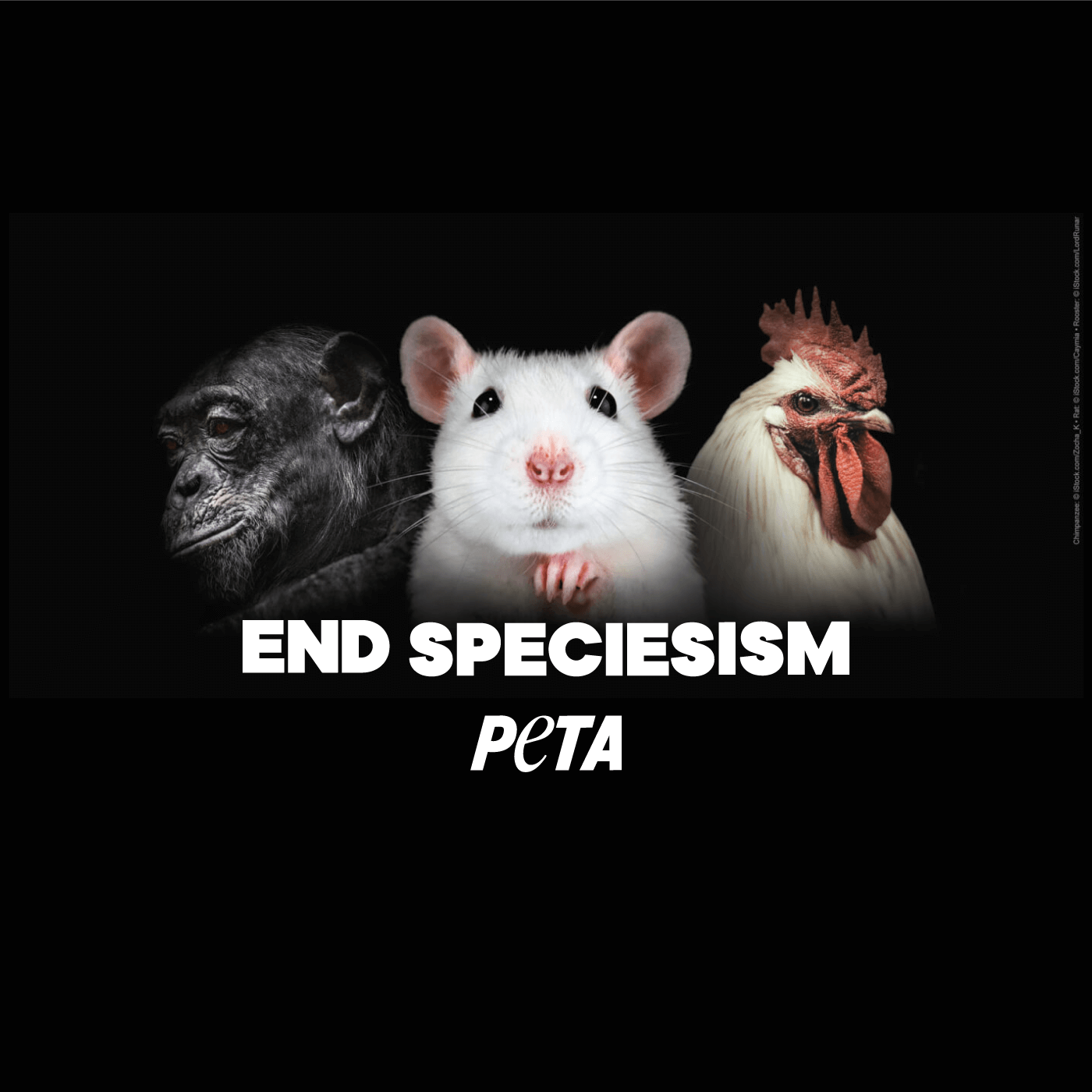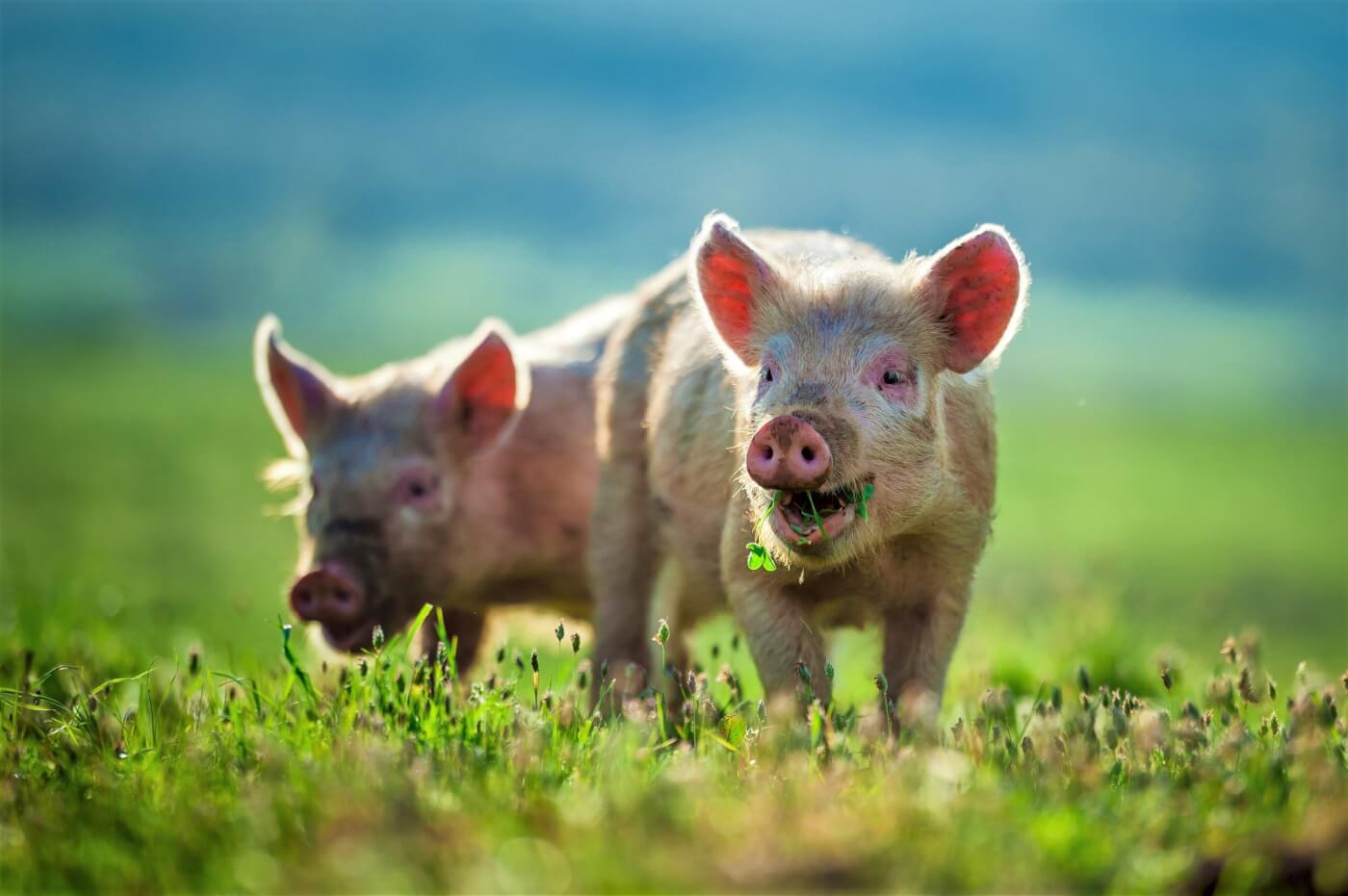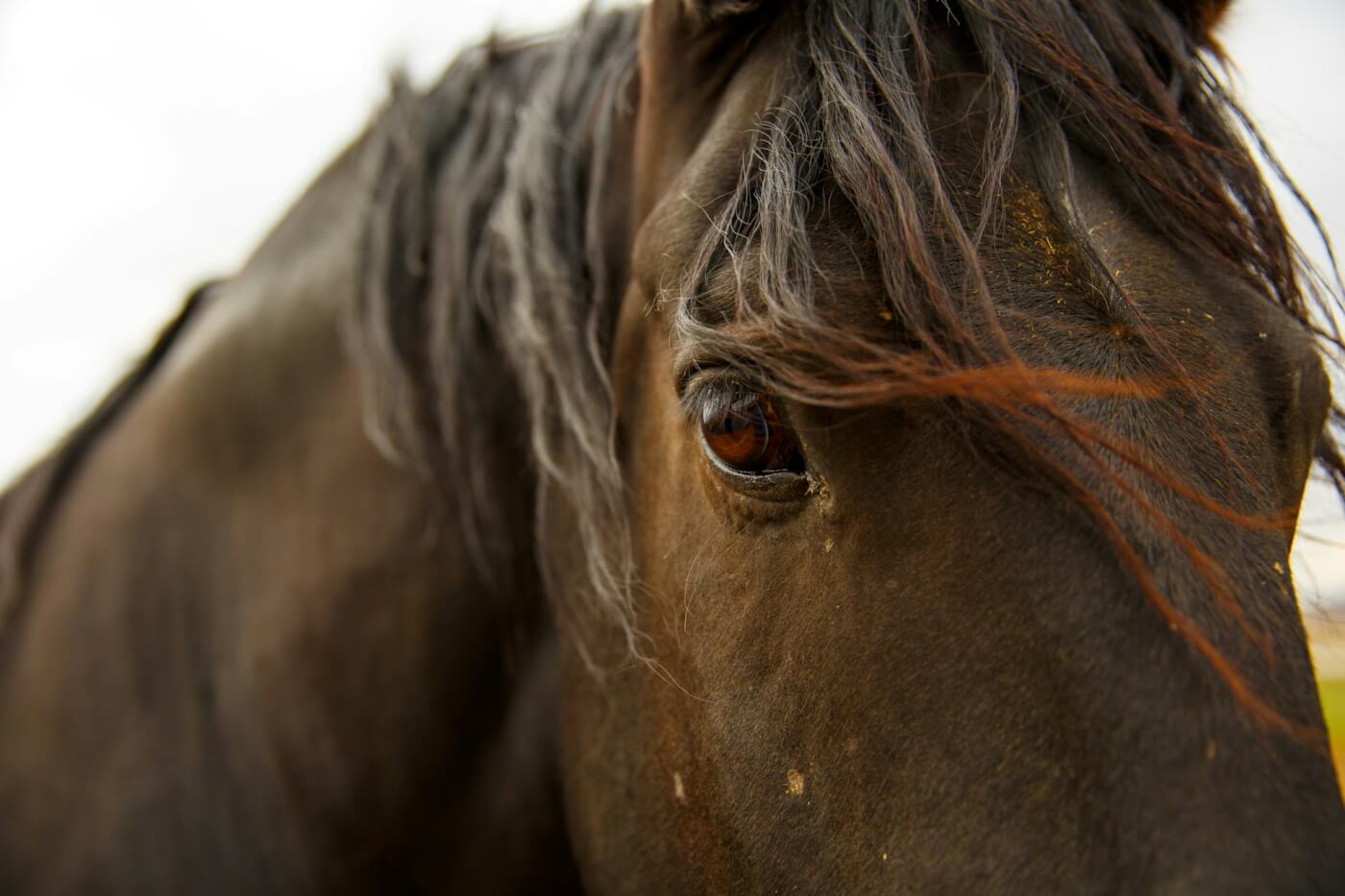For Immediate Release:
February 13, 2024
Contact:
Sara Groves
Norfolk, Va. – The future of farming means stepping away from animal-based agriculture, and after two young animals—Stetson the goat and Oakly the pig—were killed with an axe during a break-in at the Hollister High School agriculture barn, TeachKind, PETA’s humane education division, sent a letter today to Principal Kevin Medeiros urging him to transition to a plant-powered program with the group’s financial help and asking him to ensure that no other animals suffer on school grounds, only to die there or in slaughterhouses, where many animals used in National FFA Organization (FFA) programs typically end up. Medeiros can make a positive move for the environment, animals, and human health by switching to a vegan agriculture program that teaches students to grow healthy, nourishing fruits and vegetables. Most young people would welcome having the surviving animals sent to reputable sanctuaries—and PETA will donate $5,000 to help get the new program off the ground.
“Stetson and Oakly’s violent deaths are not unlike the terrible end they would have faced after the FFA program, which auctions animals off to the slaughterhouse after students spend months bonding with them,” says PETA Senior Director of Youth Programs Marta Holmberg. “TeachKind is urging educators to ensure that no more lives are lost on their watch by embracing a vegan program that helps students cultivate crops as well as compassion for individuals of all species.”
TeachKind and PETA—whose shared motto reads, in part, that “animals are not ours to eat or abuse in any other way”—point out that Every Animal Is Someone and offer free Empathy Kits for people who need a lesson in kindness. For more information, please visit TeachKind.org or follow the group on Facebook or Instagram.
TeachKind’s letter to Medeiros follows.
February 13, 2024
Kevin Medeiros
Principal
Hollister High School
Via e-mail
Dear Mr. Medeiros:
I’m writing from TeachKind, PETA’s humane education division, which works with thousands of educators across the U.S. to promote compassion for animals. We were sad to see the news that month-old animals Stetson the goat and Oakly the pig were violently slaughtered with an axe and other animals were injured, allegedly by a San Benito County man during a break-in at the Hollister agriculture barn. These lives can never be replaced, but for the sake of the remaining animals and in honor of those who died, we urge Hollister High School to allow the surviving ones to go to a reputable sanctuary and to stop using animals in your agricultural program. PETA is ready to donate $5,000 to your school to develop a plant-based agriculture program if you commit to no longer using animals.
Changing times call for a reevaluation of agriculture programs and reflection on the underlying messages they send to students, namely that it’s acceptable to exploit animals for awards, accolades, and money or to send their animal friends—even if they’ve cared for and bonded with them for months—to a violent, terrifying death at a slaughterhouse. Many young people join animal agriculture programs because they’re interested in animals, but these programs demand that they develop a harmful disconnect from those very animals, the consequences of which can be detrimental. The suspect is charged with, among other things, child abuse for causing emotional distress—and one bereaved student said of Stetson, “I wish he would have gone the way he’s supposed to instead of being murdered like that,” while another expressed shock at the animals’ deaths, saying they didn’t understand how someone could “just kill” them as though they were “nothing.” These grieving young people echo the sentiment of FFA members who were the impetus for the LEAP program, an innovative agriculture initiative in which students study animal care and our food system in a sustainable, compassionate way.
It’s critical to note that the suffering these animals experienced is like what they would have endured at the end of the program. When FFA projects are completed, most animals involved are typically sold at auction for slaughter or to be used as “breeders” (and then likely sent to slaughter once their bodies give out and they’re no longer profitable). Often, FFA program participants don’t fully grasp the devastating fate an animal will face after being sold, as evidenced by the students’ comments above. As students express their feelings about the killing of these animals, we encourage you to have an honest dialog with them about what animals are subjected to at a slaughterhouse. Presenting young people with broad and accurate details about an issue promotes critical thinking skills, and giving them tools to enact change based on their findings empowers them to become lifelong learners. Hollister students are likely ready for a new tradition—one without heartbreak—and we’re ready to help.
We urge you to adopt 21st century programming, which recognizes that the future of agriculture relies on growing crops instead of raising and killing animals for food to combat the climate catastrophe. Worldwide, farming communities like your own are shifting their practices toward sustainability and compassion by recognizing the devastating impacts of animal agriculture.
Raising animals for food requires massive amounts of land, food, energy, and water. By some estimates, animal agriculture is responsible for more greenhouse gas emissions than all the world’s transportation systems combined. According to the United Nations, a global shift toward vegan eating is vital to combat the worst effects of climate change. Your agricultural program could help students better prepare for the future by teaching them how to produce healthy fruits and vegetables, supporting their growth into compassionate, responsible individuals who will make the world a better place for everyone.
At TeachKind, we’re former teachers, so we know that educators often have the best intentions and want to build on students’ natural interest in animals to cultivate qualities like responsibility and care for other sentient beings, as well as helping them develop career skills. But we can share these essential lessons in ways that teach students that animals are someone, not something. Extending respect and kindness to all animals would be a great way to expand on your educational goal to support students to “not only excel academically but also to develop the skills and mindset needed to thrive beyond high school” and help you meet California’s state law expecting all teachers to provide instruction in the “humane treatment of living creatures.” Will Hollister High School commit to ending the use of animals in its agriculture program?
Our staff is on standby to discuss this issue with you further and to assist with this compassionate change.
On behalf of PETA and our many members and supporters who live in California, thank you in advance for your time and your consideration of this important matter. I look forward to hearing from you as soon as possible.
Sincerely,
Julie Everett (she/her)
Correspondence and Project Administrator
TeachKind | PETA’s Humane Education Division
cc: Derek Barnes, Assistant Principal
Amber Kearns, Assistant Principal
Natalie Kimura, Assistant Principal
Allison Musich, Assistant Principal
Elaine Klauer, Assistant Superintendent of Academics and Instructional Programs
Jacqueline Bautista, Administrative School Psychologist



